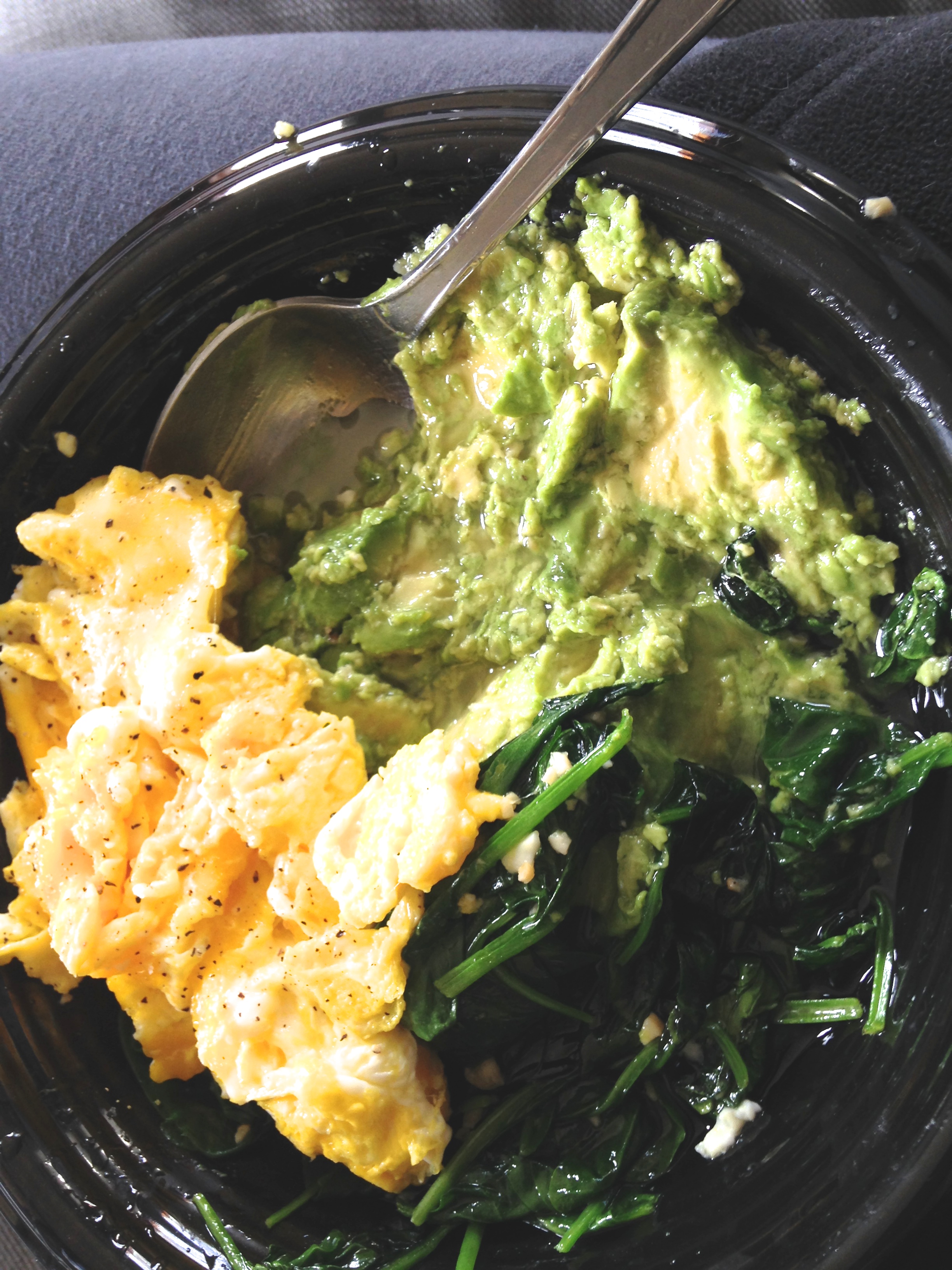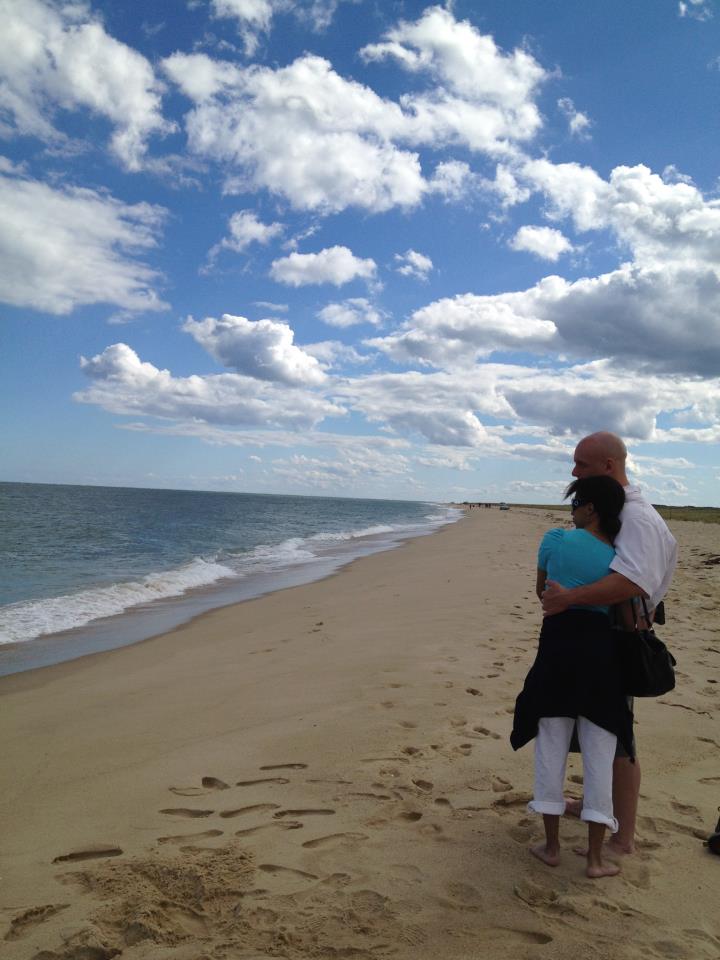 Living with chronic illness for so many years, I’ve learned what it takes for me to not only survive but also thrive. Self-care is at the very top of the list, and it encompasses so many things—from eating right, exercising, getting enough sleep, listening to your body and pampering it when it needs it, as well as making sure you have a strong support team.
Living with chronic illness for so many years, I’ve learned what it takes for me to not only survive but also thrive. Self-care is at the very top of the list, and it encompasses so many things—from eating right, exercising, getting enough sleep, listening to your body and pampering it when it needs it, as well as making sure you have a strong support team.
Having a knowledgeable doctor who listens, treats you with compassion, keeps up on the latest research and is open to learning what you have learned yourself is such a huge help. Knowing someone in the medical profession has your back when things go terribly wrong is a huge comfort. Finding trusted healthcare partners is not easy, and can often take years of running in nightmarish directions, but you must keep the faith and keep searching—they are there. Ask your friends, colleagues, people in your support groups for recommendations.
Be open to considering “alternative” healthcare, such as seeing a naturopath, homeopath, licensed massage therapist and chiropractor. While acupuncture didn’t work out for me—largely do to the acupuncturist’s sloppy techniques—I have heard from many friends who have experienced great relief through acupuncture for sleep, nerve pain, allergies and more.
Exercise! I know—sometimes it’s hard enough to get out of bed, let alone find the energy to get your body up and moving. But your body actually gets boosts of energy from exercise by raising your heart rate—strengthening that heart muscle—improving your lung function and building muscle strength and endurance. Exercise delivers more oxygen and nutrients to your tissues and improves the efficiency of your cardiovascular system.
Best of all, exercise is a great way to relieve stress and improve mood. Exercise increases the hormone oxytocin, the hormone of love, compassion and connection. Moderate to heavy exercise stimulates the feel-good hormones epinephrine and norepinephrine, giving you a natural, happy high. Exercise also boosts serotonin, which regulates our moods and sense of well-being. The boost of dopamine helps with mental alertness and clarity, clearing out some of that brain fog so many of us with chronic illness can suffer from.
You don’t have to run a marathon or be a power-lifter to benefit from exercise. Walking steadily 20-30 minutes a day can give great health benefits. I’ve found exercise that also focus on the mind and breathing—such as yoga, tai chi and qigong—have been the most beneficial to my personal well-being. I’ve grown stronger, with more flexibility, balance and stability, which is so important when dealing with rheumatic diseases, effecting the joints and muscles, and with movement disorders that trigger uncontrolled muscle movement and sometimes rigidity. Exercise helps reduce falls, stretches and relaxes muscles so there is less pain and threat of long-lasting injuries. Because of the physical and emotional benefits of working out, I have more confidence and less fear facing the day and its potentially challenges.
 Nutrition deserves a post of its own, and that’s coming. The food you put in your mouth form the foundation of your health. If you fill yourself with artificial foods, excess carbs and sugars and not enough nutrients, you will eventually find yourself with a weak foundation. This may take the form of obesity, diabetes and cardiovascular problems, but the effects can often be much more insidious.
Nutrition deserves a post of its own, and that’s coming. The food you put in your mouth form the foundation of your health. If you fill yourself with artificial foods, excess carbs and sugars and not enough nutrients, you will eventually find yourself with a weak foundation. This may take the form of obesity, diabetes and cardiovascular problems, but the effects can often be much more insidious.
You know the headache and stuffy nose you get late morning or the sudden drop of energy you experience mid-afternoon? The brain fog you feel when you’re trying to concentrate or remember things? All may be caused by insufficient nutrition.
The good news is that you can change what you eat at any time. With consistency and focus, a healthier way of eating can mitigate—and even eliminate—a vast array of symptoms. Case in point: Since I’ve largely decreased carbs, increased healthy fats and limited my protein, I am proud to say that I am no longer reliant on migraine medication that I had been on for almost eight years.
Lastly, you need to support your emotional wellbeing. You need cheerleaders in your corner who will stand by your side, whether you are suffering or thriving. If you are housebound, there are numerous online support groups and forums, which foster real, lasting friendships that can lead to real-time, face-to-face interactions and visits.
Try to get outside when you can. Breathe in the fresh air and people watch. Smile and say hi to strangers. Get to know the people who run your favorite local businesses—you’ll often find common ground with people who own or work at the places you most love to spend time—for a bookworm like me, the library and our local independent bookstore is gold!
Socialize when you can, but know your boundaries. Get to know and understand yourself. Explore your feelings in a journal. Learn to center yourself with meditation and quiet, alone time. Listen to your body. Strive to be your own best friend, advocate and cheerleader.
Your body listens to every negative thought you put into it. Dump the emotional vampires in your life and seek out the positive, uplifting and emotionally healthy people who will truly listen, care and support you in good times and bad.
DON’T be afraid to ask for help. Really. It’s been a folly of mine I have been improving over time. The people who love you WANT to help you. You don’t have to do everything all on your own. Sometimes they don’t know you need help until you ask. Be brave and ask for what you need.
 I have been very fortunate to have an ever-present support team of my family members, who will drive by to visit for a short time just to brighten my day, who help me do errands, bring me to doctor’s appointments, provide peaceful getaways, and hold me up when I’m falling. I wouldn’t be where I am right now without them. Their love has buoyed me through so, so much. I am incredibly blessed.
I have been very fortunate to have an ever-present support team of my family members, who will drive by to visit for a short time just to brighten my day, who help me do errands, bring me to doctor’s appointments, provide peaceful getaways, and hold me up when I’m falling. I wouldn’t be where I am right now without them. Their love has buoyed me through so, so much. I am incredibly blessed.
I also am blessed to have the most supportive, compassionate boyfriend who has been there for me every step of the way the last two years (happy anniversary, love!), through the dark days and the incredible days. He makes me laugh so hard I cry with glee. He comforts me in every way possible. He cheers me on during my successes of all kinds and encourages me to follow my dreams, no matter what. He has continued to believe in me and push me to stay focused on healing and thriving in my every day life as much as possible. He has been my rock and my light.
Having an awesome support team can make even those dark days bearable. They take some of the emotional weight off our shoulders—you don’t have to go through this journey alone.
Incredibly uplifting and positive. You make me want to be better because of you. 😉
Thank you so much, Kathy! <3 Your support and kind words have always meant so much to me, and they continue to today. You inspire me!